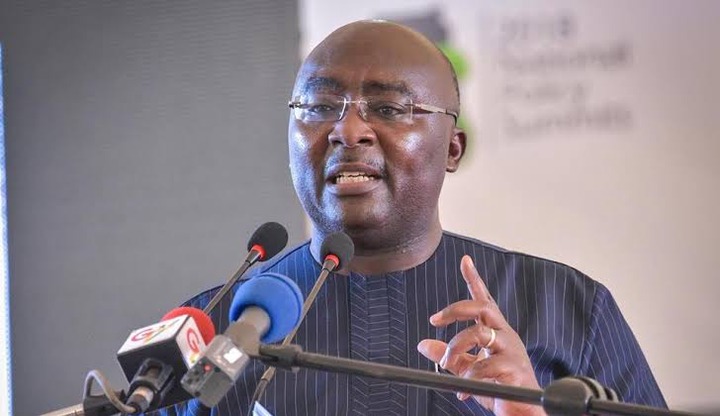The Smart City Mission, launched on June 25, 2015, nears its extended deadline on March 31. Nearly a decade in, the reality is stark — cities scrambling to fix crumbling infrastructure rather than achieving a futuristic overhaul. Over half (52.
71 per cent) of the funds for core projects were spent revamping failing transport and water, sanitation and hygiene systems, turning the mission into a rescue operation rather than a transformation. The Ministry of Housing and Urban Affairs data presented to the Lok Sabha this month shows that 8,004 projects were undertaken at the cost of ₹1,59,407 crore under eight core infrastructure sectors of the Mission. Of these, 1,741 projects were about urban transport systems to improve urban mobility for ₹37, 304 crore.

Cities undertook 1,546 water, sanitation and hygiene (WASH) projects for ₹46, 728 crore. Together, mobility and WASH projects are worth ₹84, 032 crore, which is 52.71 per cent of the total cost of infrastructure projects.
After smart mobility and WASH, cities have utilised a substantial amount of funds (₹16,256 crore) on smart governance and smart energy projects (₹13, 857 crore). A recent World Bank report estimates that India will need to invest approximately ₹69.7 lakh crore in urban infrastructure over the next 15 years — an average of ₹4.
6 lakh crore annually — to accommodate its rapidly expanding urban population. By 2036, an estimated 600 million people, or 40 per cent of the country’s population, will reside in urban areas. This surge in urbanisation will significantly strain existing infrastructure and services, increasing the demand for essentials such as clean drinking water, reliable power supply and efficient and safe transportation networks.
The ground reality is grim. Smart cities participating in the Mission continue to struggle to cater to the basic needs of citizens. Pune was one of the first cities to be part of the Mission.
But it struggles to even supply clean water to its citizens. Recently, contaminated water caused a spike in Guillain-Barré Syndrome (GBS) in parts of Pune, leaving six dead. “The basic infrastructure and quality of life have worsened — there’s no sign of a Smart City,” says Pune-based entrepreneur Supriya Pawar.
“Public transport is crumbling, roads are choked, pollution is rampant and monsoon brings floods; there are safety concerns as well, especially for women and girls.” She adds that the lofty promises of urban development starkly contrast with reality. “Most citizens didn’t even notice when the Mission began, let alone what it achieved.
” In the Mission, 100 cities have undertaken a total of 8,058 projects amounting to ₹1,64,368 crore. As of January 20, 2025, 7,480 projects, that is 93 per cent of total projects, amounting to ₹1,50,017 crore have been completed, per the data provided by 100 Smart Cities. The Smart Cities Mission was allocated ₹2,400 crore in FY25 but as the extended deadline ends next month it has not received any funding in the Budget this year.
Instead, the government has announced that they will set up an Urban Challenge Fund of ₹1 lakh crore in Budget 2025-26, to implement the proposals for ‘Cities as Growth Hubs’, ‘Creative Redevelopment of Cities’ and ‘Water and Sanitation’ announced in the July Budget. This fund will finance up to 25 per cent of the cost of bankable projects with a stipulation that at least 50 per cent of the cost is funded from bonds, bank loans and PPPs. An allocation of ₹10,000 crore is proposed for 2025-26.
“I’m not sure how this new funding will help,” says Rohit Patil from Solapur, one of the cities under the Smart City Mission. “It was a grand promise, but the results have been underwhelming. As a citizen, I believe the government and local bodies should skip big claims and focus on building basic infrastructure first — only then can we think about competing with global cities.
” Comments.
Technology
Smart city mission: Most funds spent on fixing crumbling infra
Over half (52.71 per cent) of the funds for core projects of the Smart City Mission were spent revamping failing transport and water, sanitation and hygiene systems, turning the mission into a rescue operation rather than a transformation.














